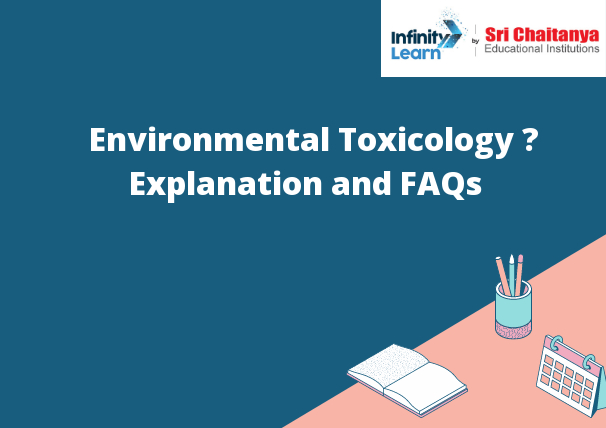Table of Contents
Introduction to Environmental Toxicology :
Environmental toxicology is the study of the adverse effects of chemicals on the environment. This includes the study of the effects of pollutants on air, water, and soil quality, as well as the effects of pollutants on plant, animal, and human health.
Chemicals that are released into the environment can cause a variety of adverse effects. Pollutants can contaminate water supplies, leading to the growth of harmful algae and bacteria. They can also cause fish and other aquatic creatures to die or to become ill. Air pollutants can cause respiratory problems in humans and animals, and can also damage plants. Heavy metals and other toxic chemicals can cause health problems in humans and animals, and can also contaminate the food chain.
Environmental toxicology is a rapidly growing field, and scientists are still learning about the harmful effects of pollutants on the environment and on human health. It is important to study these effects so that we can take steps to reduce or eliminate the harmful effects of pollutants.

Environmental Health Toxicology:
Toxicology is the study of the adverse effects of chemicals on living organisms. Environmental toxicology is the study of how pollutants and pollutants interact with the environment and how they can affect ecosystems and human health. Environmental toxicology encompasses a variety of disciplines, including chemistry, biology, and engineering.




